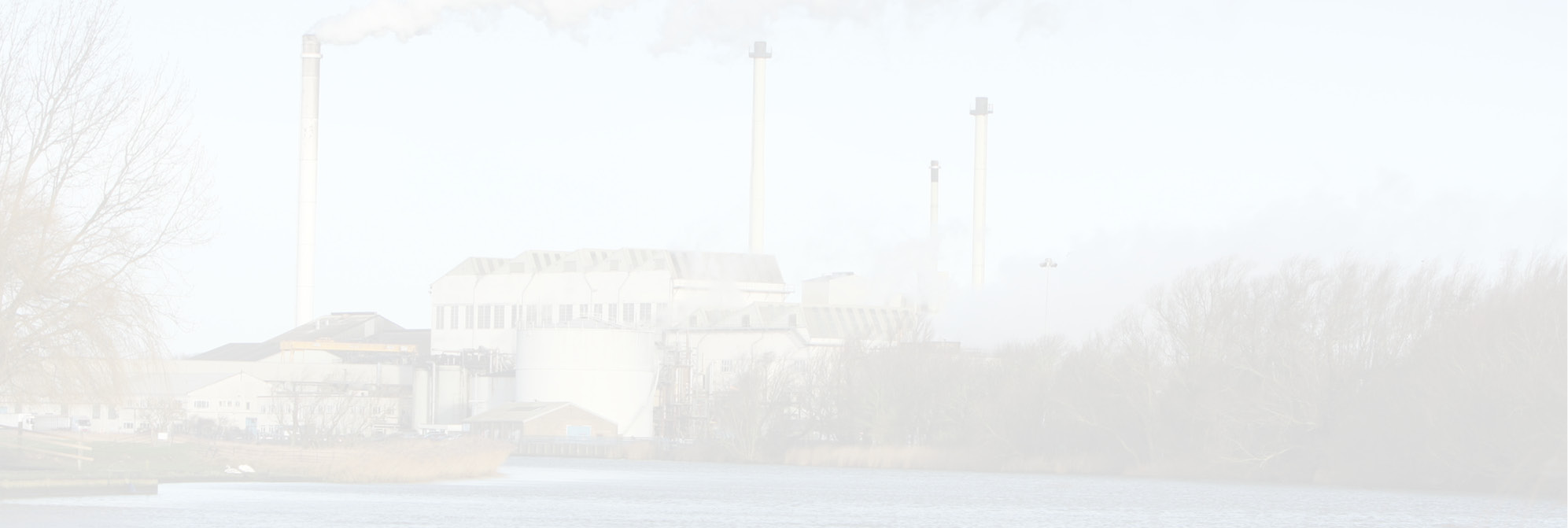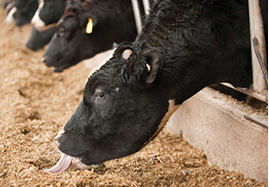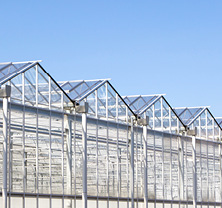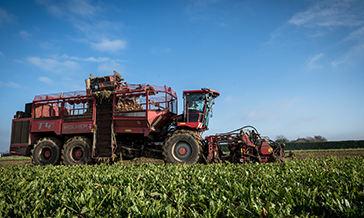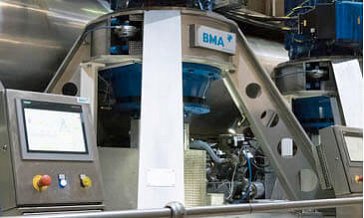
Our co-products
Creating value and driving sustainable efficiency
The sugar-making process creates a range of co-products, which enable us to drive efficiency, develop our sustainability performance and work across multiple industry sectors.
SOME OF OUR CO-PRODUCTS FROM THE SUGAR MANUFACTURING PROCESS ARE:
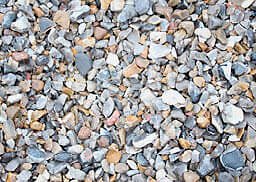
AGGREGATE
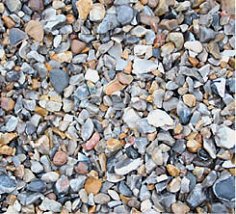
AGGREGATE
About 4,800 tonnes of stones are received with the sugar beet crop every year. A proportion of these are recovered and graded, before being marketed for civil engineering, road-building and construction projects.
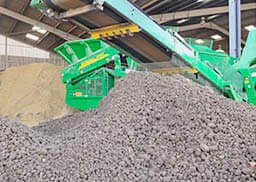
TOPSOIL
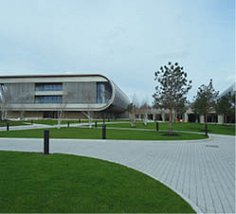
TOPSOIL
Each year, we receive around 200,000 tonnes of soil along with the eight million tonnes of sugar beet we purchase from UK growers.
This soil is recovered and marketed under the British Sugar brand TOPSOIL, the largest supplier of quality topsoil in the UK. Sold primarily into the landscaping and amenity industries, TOPSOIL’s range of products are ideal for shrub planting, seeding or turf laying and turf maintenance.
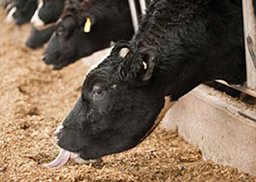
ANIMAL FEED
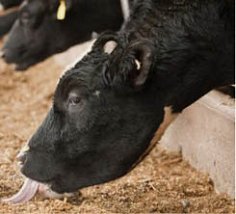
ANIMAL FEED
After extracting the sugar from sugar beet, the pulp is pressed to generate over 500,000 tonnes of high quality animal feed.
Supplied to the livestock industry by Trident Feeds, a subsidiary of British Sugar since 1985, this feed is produced in accordance with stringent feed assurance standards and provides a useful energy food for a wide range of livestock including, cattle, sheep, pigs, goats and horses.

ELECTRICITY

ELECTRICITY
Our advanced manufacturing plants use a power generation system, producing both steam and electricity, called Combined Heat and Power (CHP), recognised as one of the most fuel-efficient processes available.
Coal, oil or gas fuel water boilers produce steam at high pressure which then drives turbo-alternators generating electricity to power our factories. The steam from the turbo-alternator is also used at various other stages of the sugar manufacturing process.
Excess electricity is sold to electricity supply companies. Developing this principle further, high performance combined cycle gas turbines have been installed at our Bury St Edmunds and Wissington factories, efficiently generating even more electricity for sale.
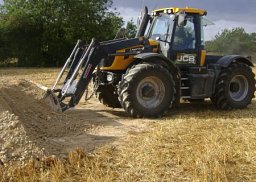
SOIL CONDITIONING: LIMEX
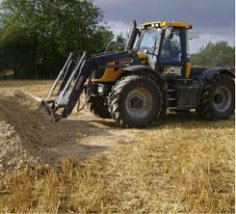
SOIL CONDITIONING: LIMEX
British Sugar is the largest supplier of liming products to UK agriculture. Each year approximately 300,000 tonnes of liming product is made at our factories as a co-product of the sugar manufacturing process and marketed under the LimeX brand.
LimeX provides a sustainable option to amend soil pH and increase available calcium. It significantly reduces the volume of limestone and chalk that would otherwise be quarried and crushed for agriculture and other lime markets, supporting the UK Government’s objective to encourage re-use of co-products.
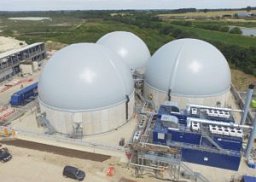
RENEWABLE ENERGY
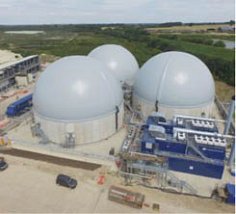
RENEWABLE ENERGY
In 2016, we invested £15 million in a new anaerobic digestion plant at our Bury St Edmunds site. Using the pressed sugar beet pulp that is produced alongside the sugar-making process, this enables us to break down microorganisms into biodegradable material, with one of the end products being biogas. Methane generated from the biogas is fed into a combined heat and power (CHP) plant, generating green electricity.
The plant is expected to use around 97,500 tonnes of pressed pulp each year and export 38GWh of electricity to the national grid, contributing to the UK’s renewable energy targets under the Renewable Energy Directive. In addition to electricity, the operation will also create digestate, which will be used in the local farming area for both soil conditioning and fertiliser replacement.
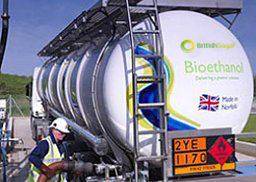
BIOETHANOL
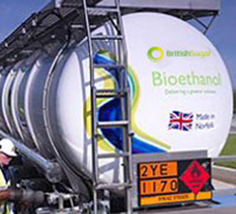
BIOETHANOL
In 2007 we were the first company to manufacture bioethanol in the UK. With a business model built on using resource more efficiently and delivering responsible growth in the UK, we have since produced up to 75 million litres of bioethanol every year.
We’re able to trace the full life cycle of bioethanol, demonstrating the whole process of production, including crop growing, fermentation and distribution, to ensure genuine environmental benefits are delivered.
A blend of up to 5% bioethanol can be used in any unleaded car on the road in the UK today. In the longer-term, there is potential for ordinary cars to use higher blends. Some car manufacturers have already developed engines to operate on blends of up to 85% bioethanol, known as E85.
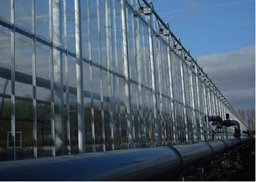
HORTICULTURE
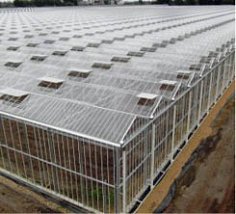
HORTICULTURE
Partnering with Jazz Pharmaceuticals, British Sugar's horticultural business grows a key ingredient for the pharmaceutical company. Our glasshouses benefit from their location close to the sugar factory and more than 240 miles of piping carries hot water from the factory all year round to maintain temperatures that suit the plants. Other benefits include the use of carbon dioxide from the sugar factory which plants use during photosynthesis.
The ingredient is used in a new prescription medicine developed to treat rare, life-threatening forms of childhood-onset epilepsy. The medicine is cannabidiol (CBD) oral solution - known as Epidyolex - which was approved for use by the European Medicines Agency (EMA) in September 2019 and recommended by the UK’s National Institute for Health and Care Excellence (NICE) to receive routine reimbursement on the NHS in November 2019. This follows the completion of an extensive clinical trials programme at Great Ormond Street Hospital for Children in London, as well as other hospitals in the UK, Europe and the US.
The active ingredient, CBD, is sourced from a non-psychoactive variety of the cannabis plant family, specifically bred for medical purposes. We started growing these plants in January 2017. The crop will make a worthwhile contribution to the control of a debilitating childhood-onset disease. Annually, we will produce enough of this ingredient to treat thousands of children globally per year.

CO2
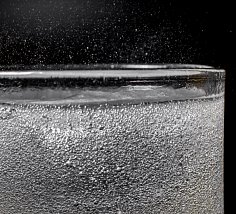
In partnership with Air Liquide UK, we re-opened the CO2 liquefaction plant at our Wissington site in 2023. The plant takes the waste CO2 produced during the fermentation process, known as biogenic, when one of our other co-products - bioethanol - is made from the residual syrups of the sugar production process. The CO2 is then purified and liquefied.
There is around 30,000 tonnes of biogenic CO2 produced annually, which is supplied via Air Liquide to customers across various industries, including food and beverage, chemicals, and pharmaceuticals. This CO2 would otherwise be released into the atmosphere, so it’s an important step to help reduce waste from the end-to-end site operations even further.
The plant is one of the largest sources of Food Grade biogenic CO2 located in the UK, helping to increase the country’s domestic supply.

